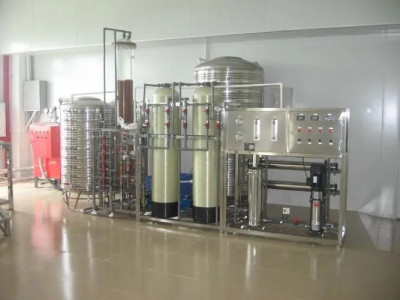In the world of service industries, one cannot underestimate the importance of laundry facilities. There’s no question about their vital role, whether it’s in a hotel establishment serving thousands of guests or a hospital attending to multitudes of patients, laundry services are key in maintaining clean linens and clothing. This indispensable process, however, comes with a significant demand for water – a resource that is both precious and finite. Hence, the application of water treatment systems in the laundry industry has become essential. Among these systems, the water treatment system for Laundry stands out for reason.
To comprehend the need for water treatment systems, such as the water treatment system for Laundry, we first need to understand the volume of water a laundry facility processes. Massive quantities of water are daily used in laundering, leading to a substantial amount of wastewater that’s often laden with detergents, dyes, and organic matter. This wastewater, if not properly treated, can pose a threat to the environment and human health. Thus, the need for an efficient and effective water treatment system is paramount.
The water treatment system for Laundry is a revolutionary technological advancement tailored specifically to address the needs of the laundry industry. This system stands at the confluence of eco-friendliness and operational efficiency, offering a solution that benefits not only the laundry facilities but also the environment at large.
Its design focuses on treating the waste water resulting from laundry processes, removing contaminants, and making it fit for reuse. This approach contributes to significant savings in water consumption and cost, while also reducing the environmental impact.
In operation, the water treatment system for Laundry works in stages. Initially, it involves the separation of solid waste materials from the wastewater. Then occurs the biological treatment of the wastewater to break down the organic matter. This is followed by a series of filtrations, including ultrafiltration and reverse osmosis, to ensure the removal of any remaining contaminants.
The optimisation provided by this water treatment system makes it highly suitable for applications in large-scale laundry facilities—such as those in hotels, hospitals and industrial laundries. With a high capacity for processing, it can easily serve the needs of such establishments while minimising the consumption of fresh water.




